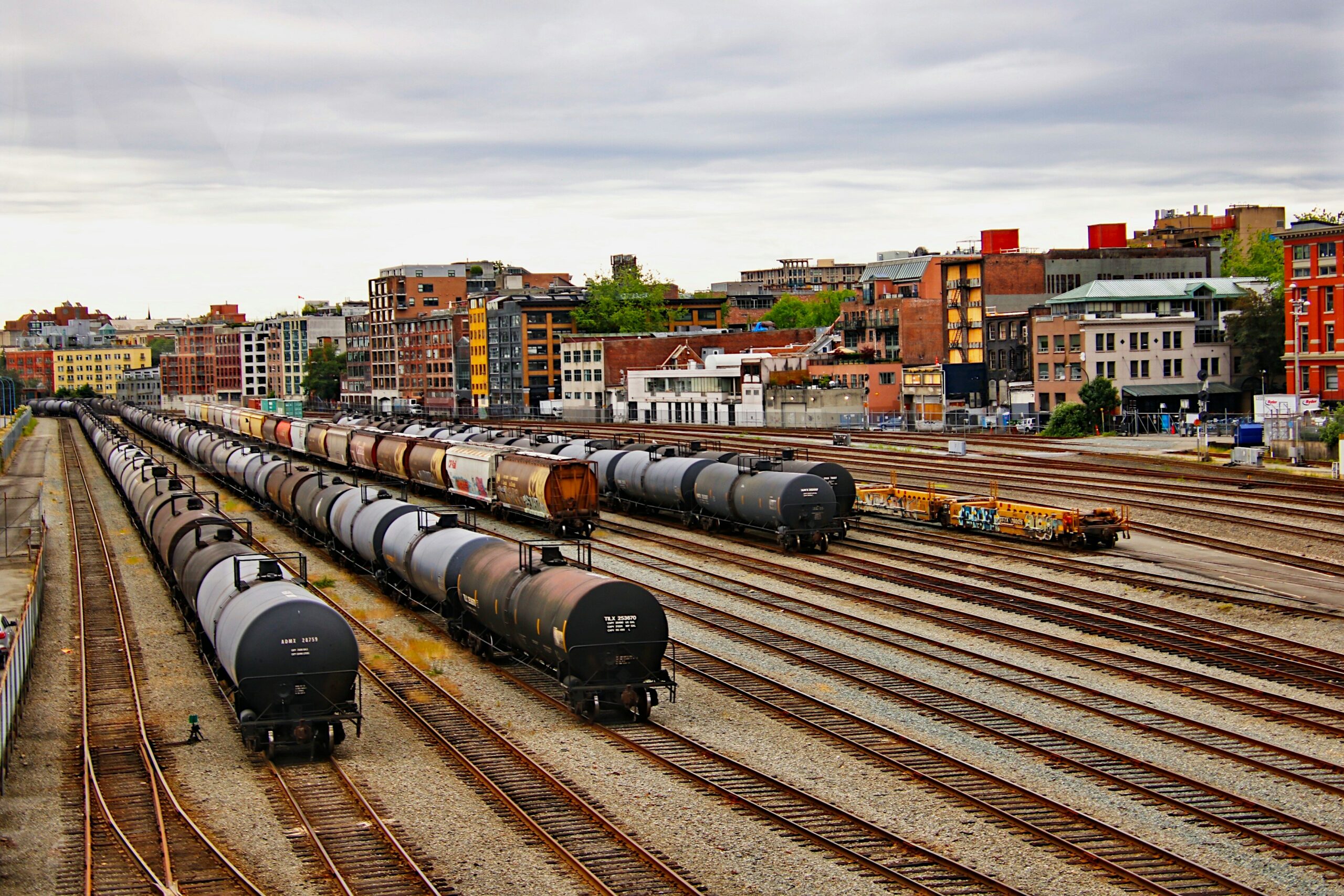Projects
Below is a non-exhaustive collection of current projects of our members.
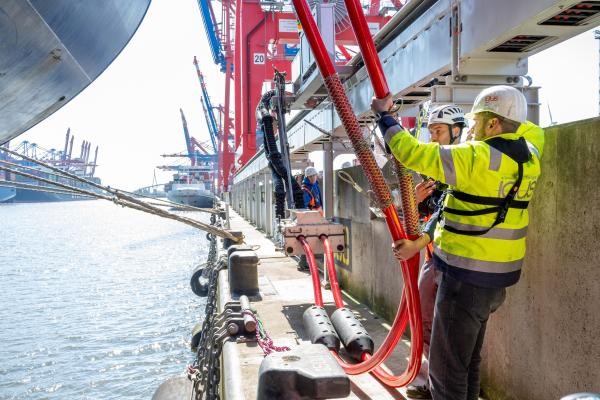
Breeze aims at significantly reduce pollution from ships by accelerating the adoption of Onshore Power Supply across European ports. By fostering collaboration among port authorities, energy providers, and policymakers, BREEZE is laying the groundwork for a cleaner, more resilient maritime sector.
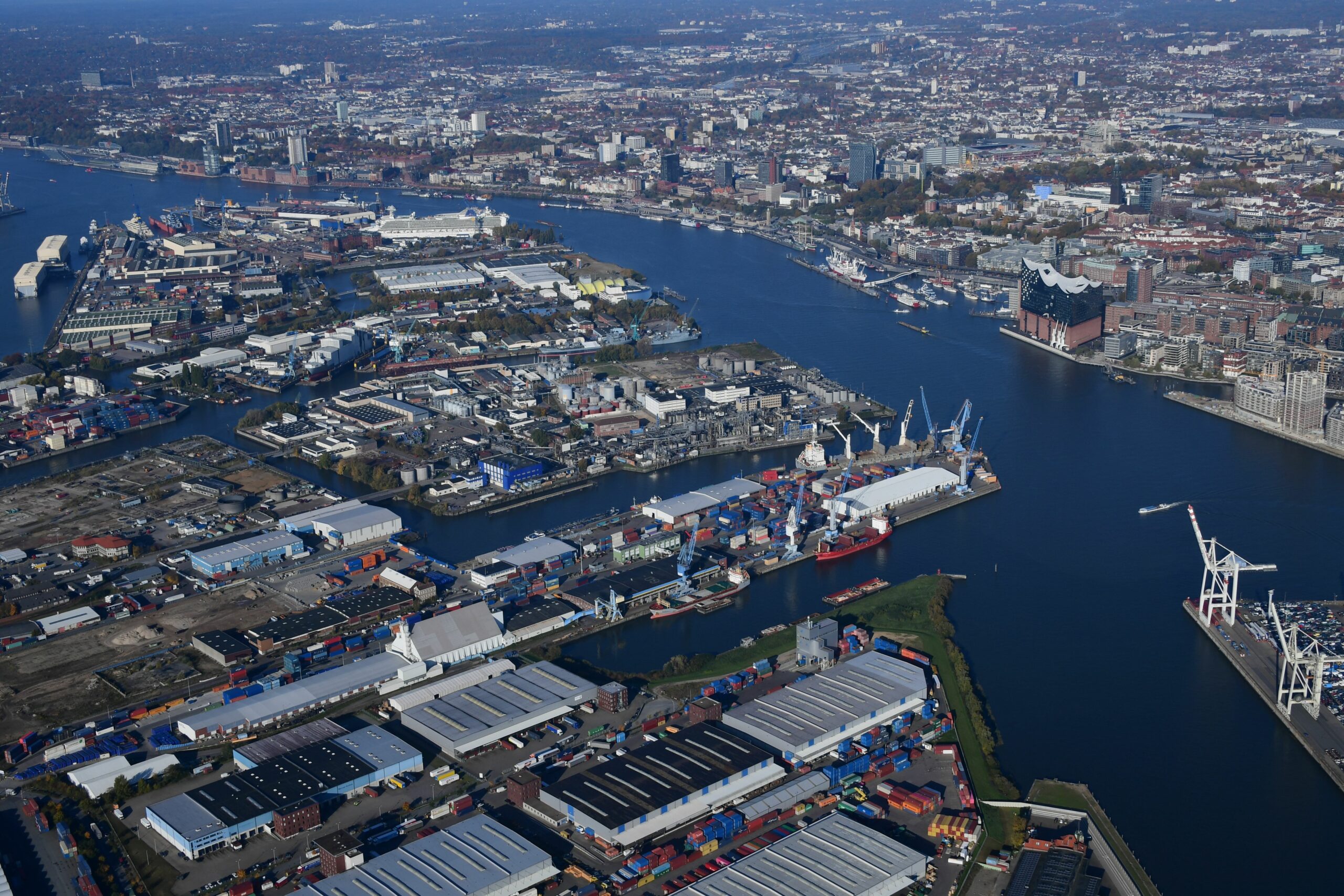
By providing alternative fuel strategies and setting up green transport chains, the project supports Baltic Sea port authorities and operators to decarbonise port operations.
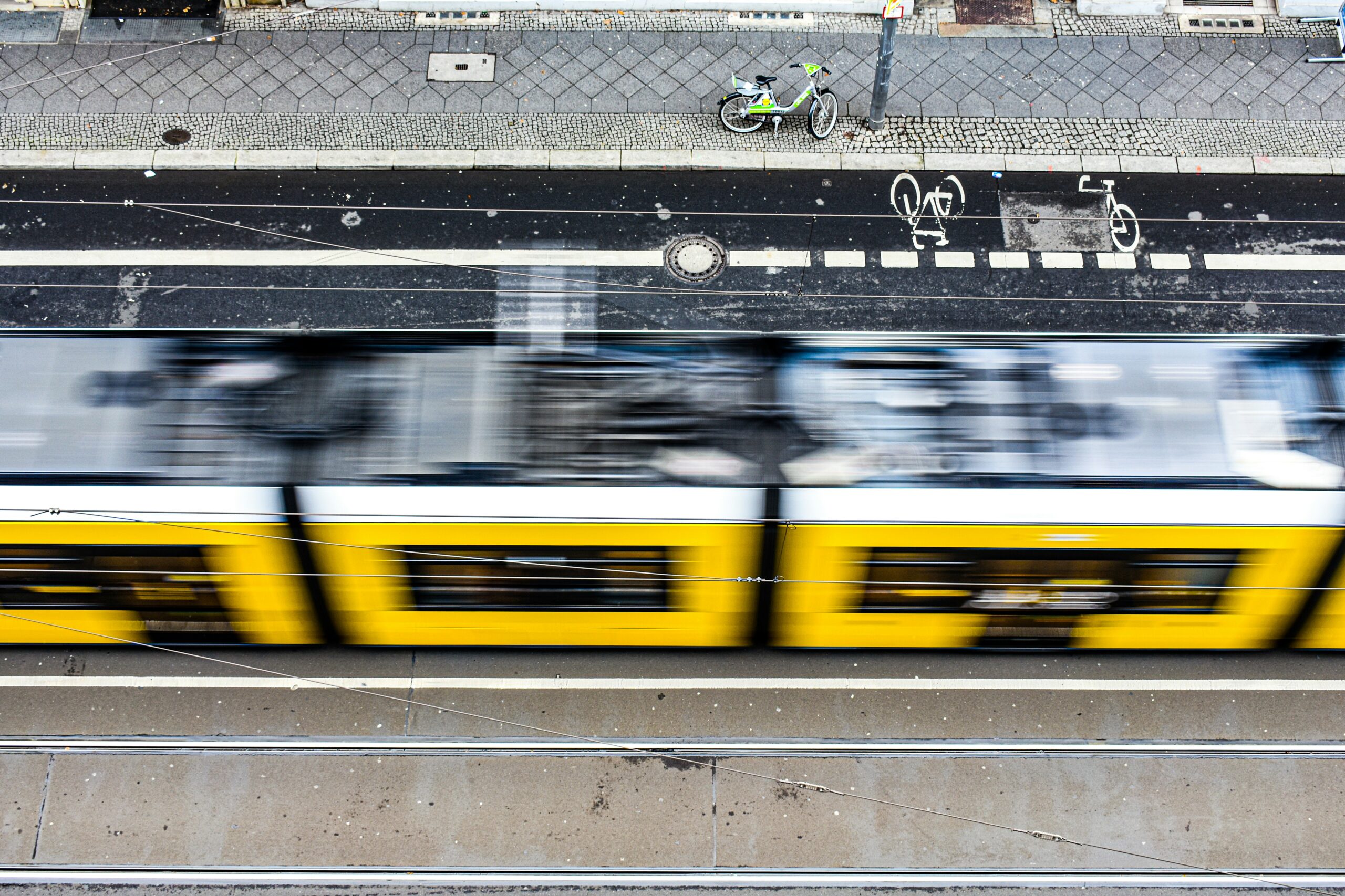
The project platform connects cities, regions, and policymakers in a peer learning network to support the implementation of sustainable urban mobility plans and deliver on EU goals for multimodal, zero-emission transport.
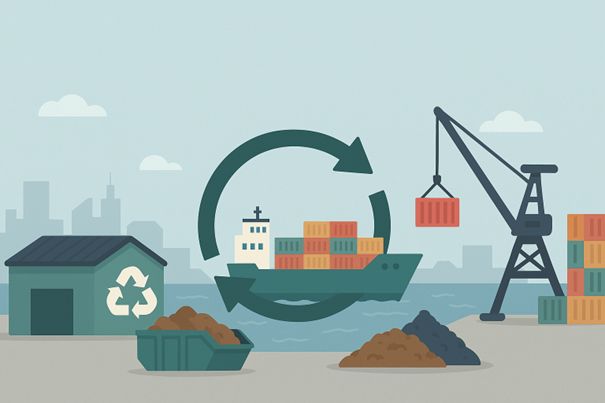
The Circular Ports Project aims to drive circular economy strategies in port environments, promoting sustainability and innovation across the Baltic Sea Region.

By developing and promoting tailored sustainable solutions for last-mile logistics, DECARBOMILE aims to demonstrate the full potential of decarbonised last-mile delivery.
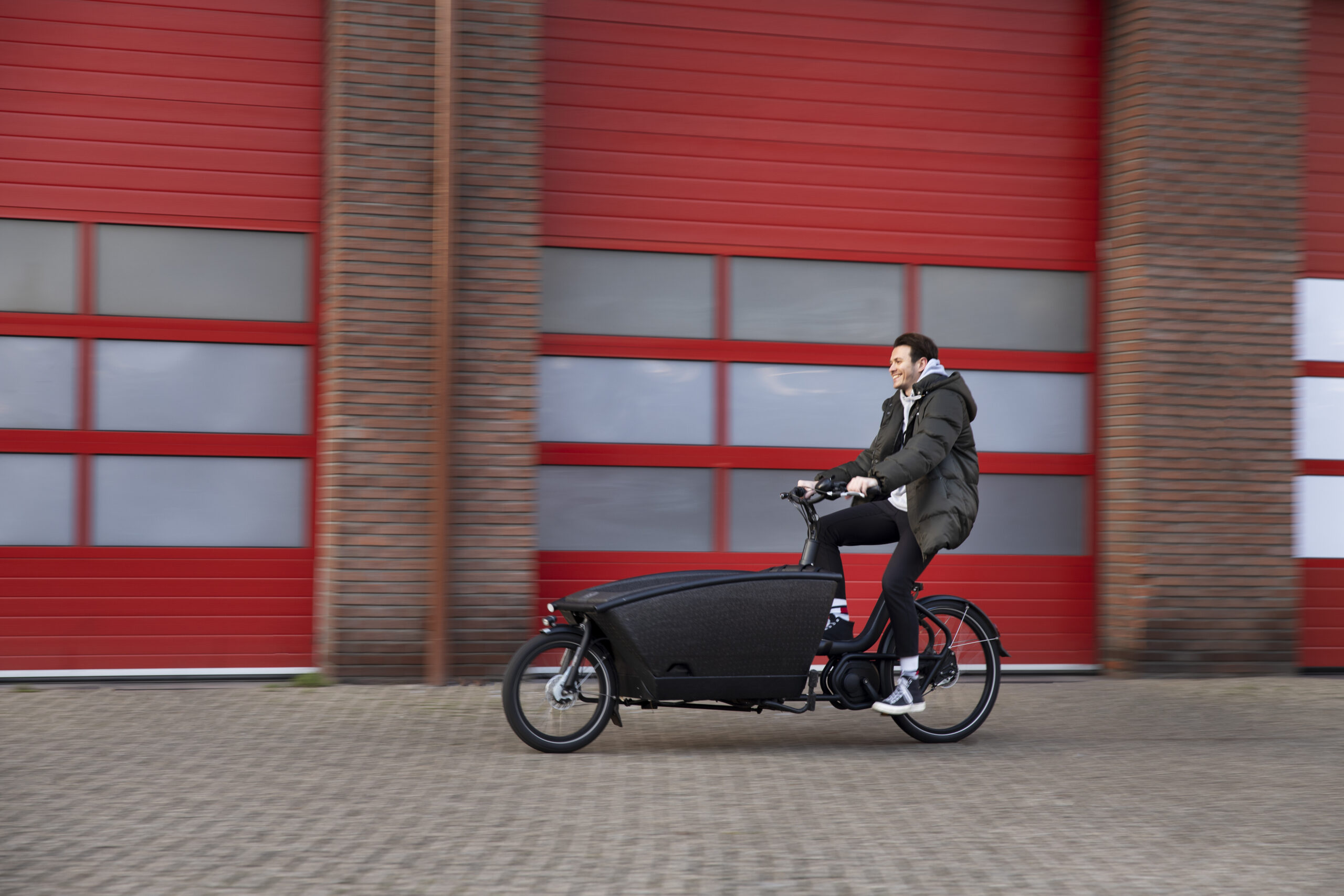
By supporting European cities in fast-tracking and upscaling urban logistics and smart planning frameworks, DISCO enables the transition to decarbonized and digital cities.

By enhancing our understanding of the demand for sustainable regional aviation from a cross-border perspective, FAIR 2 aims to create a sustainable regional aviation system in the Northern Nordics.
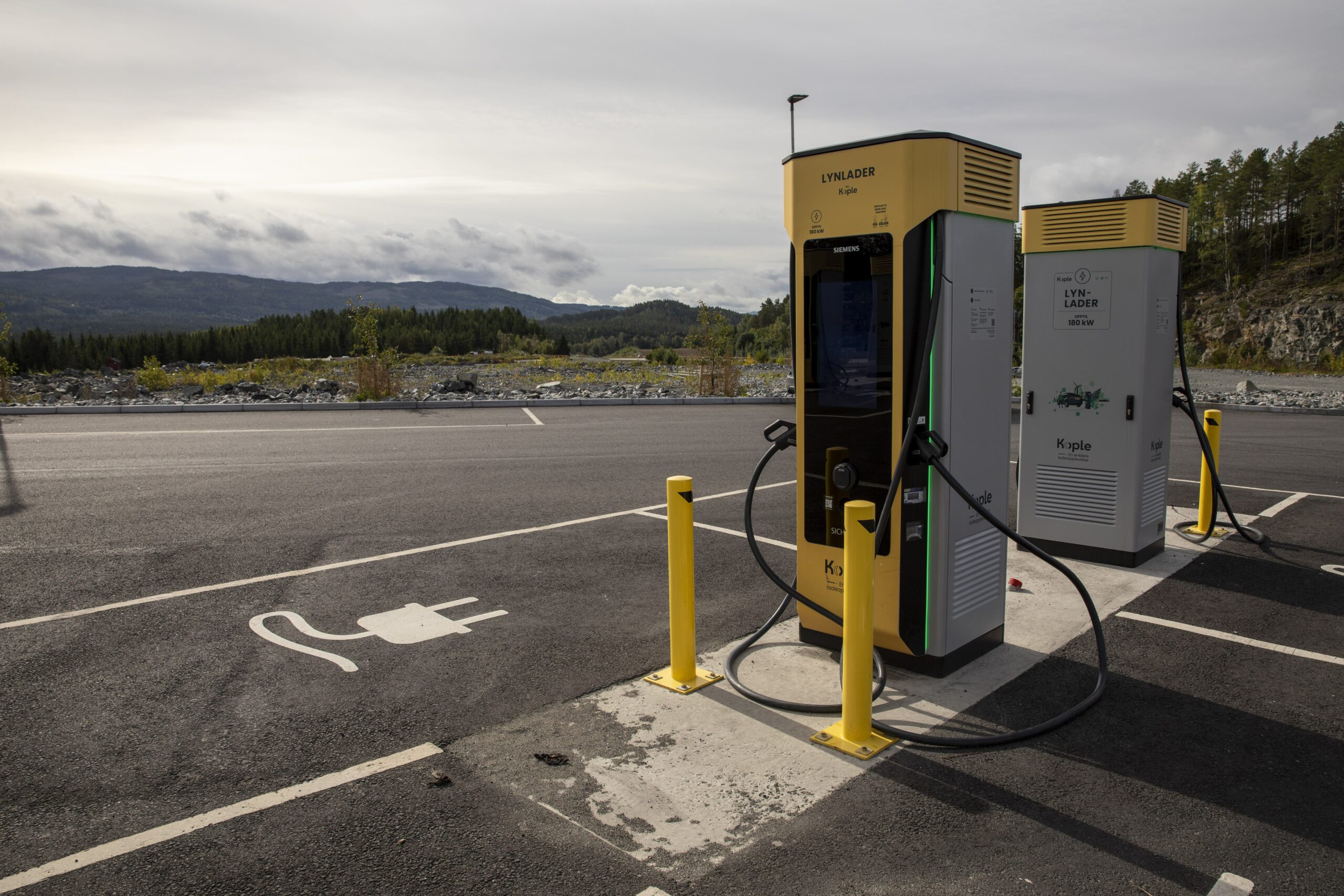
By addressing long turnaround times and lack of infrastructural space, the project aims to reduce freight emissions and establish more green energy stations in Eastern Norway.
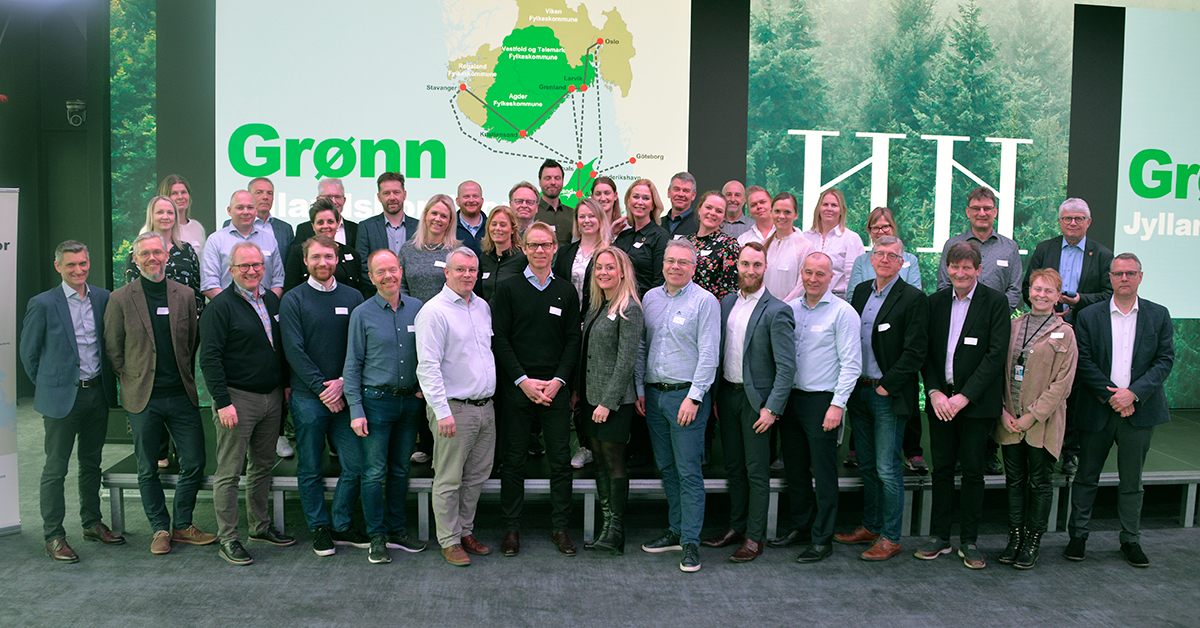
By raising awareness of opportunities and advantages of the Jutland corridor, the project aims to contribute to an effective and green development of multimodal transport.
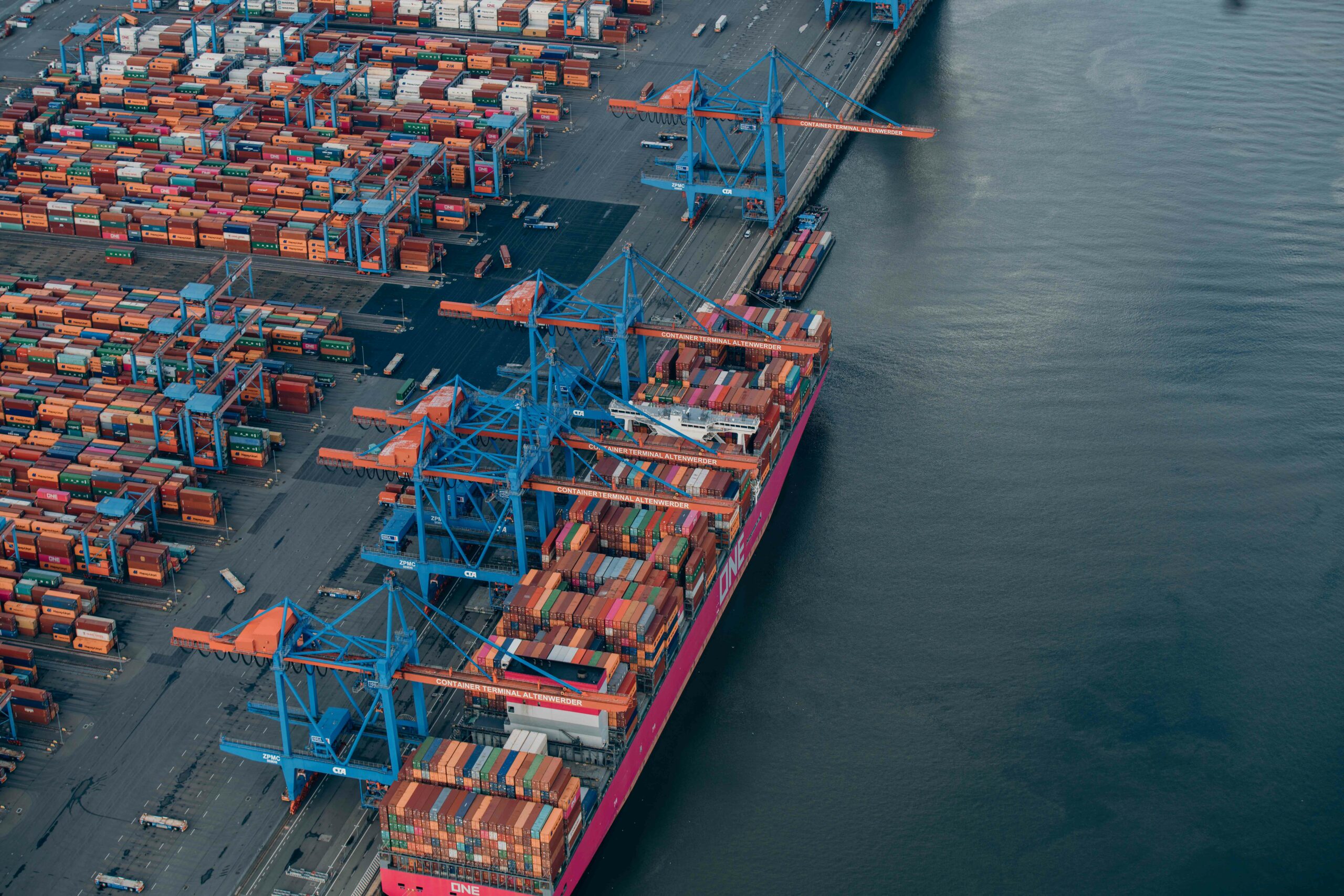
By testing greening strategies of fuel-and electrification in inland ports and affected hinterland, GSC aims to create best-practices for ports in the North Sea Region.

By piloting the use of zero-emission-vehicles in the last mile of freight transport, GRETA aims to relief Central European cities of strains followed by the booming e-commerce.

By developing strategies and implementing pilots to attract and (up-/re-) skill (future) technicians, GRIT aims to support access to skilled technicians for the green industrial transition involving hydrogen and related techniques.
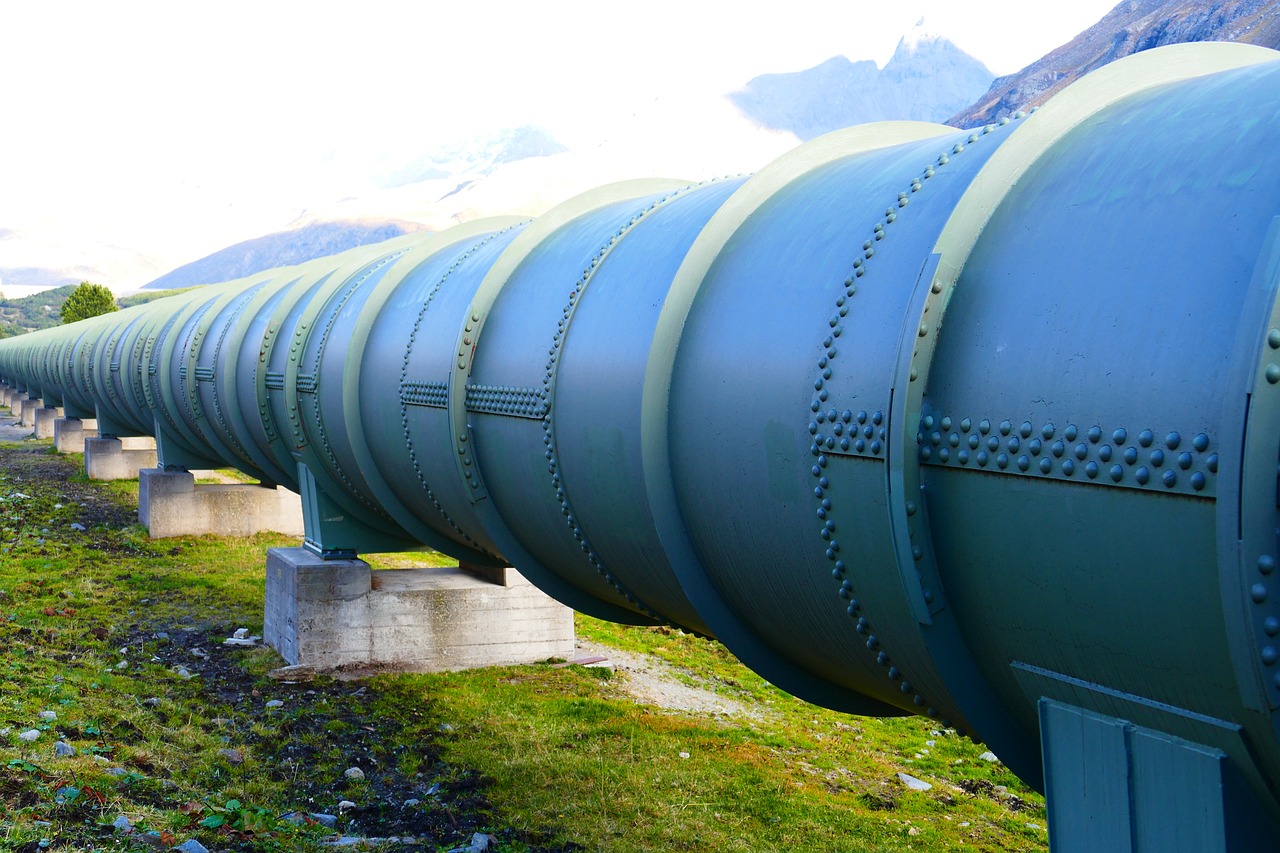
By empowering regional decision makers to integrate hydrogen solutions into planning and development, H2CE addresses challenges in the energy transition in Central Europe.
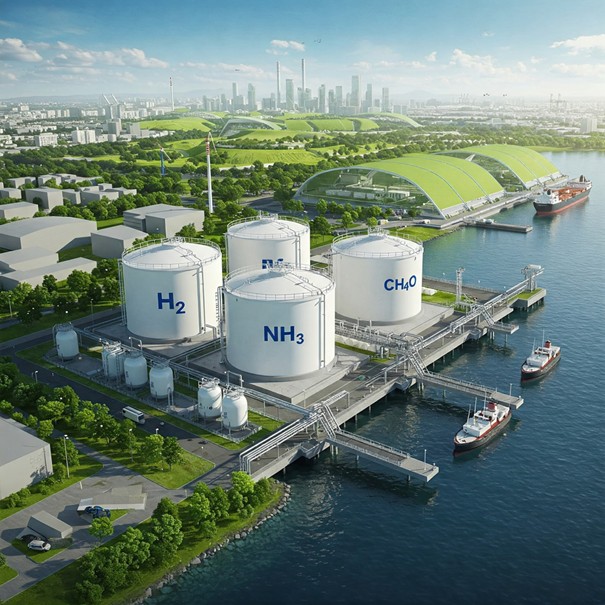
The project H2Deri@BSP helps port authorities, terminal operators and energy providers integrate green hydrogen derivatives fuels, such as methanol and ammonia, into port operations to reduce CO2 emissions and turn seaports into green energy hubs.
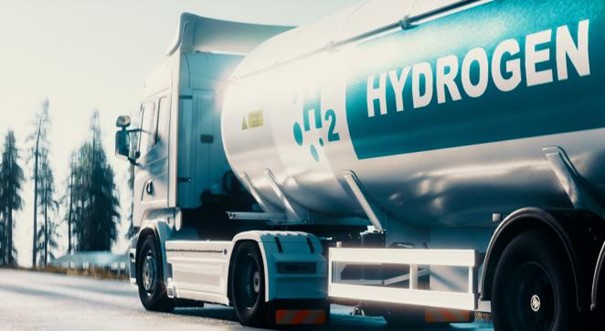
H2Ignite focuses on developing four cross-sector hydrogen innovation ecosystems to accelerate the transition to green hydrogen in the North Sea Region.
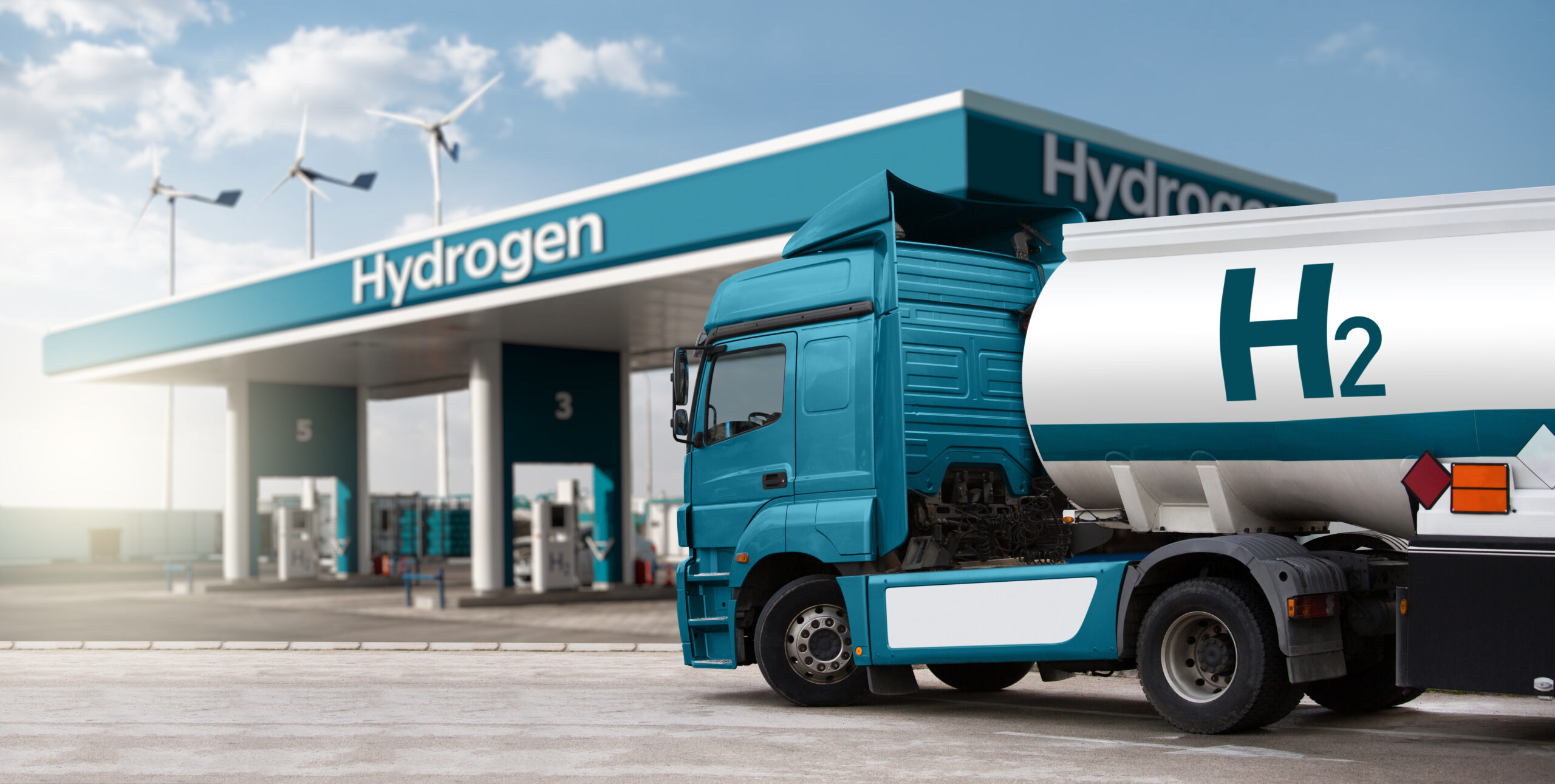
By designing a hydrogen refuelling station network for large trucks, HyTruck aims to bring regions closer to zero emissions in road freight transport in the Baltic Sea Region.
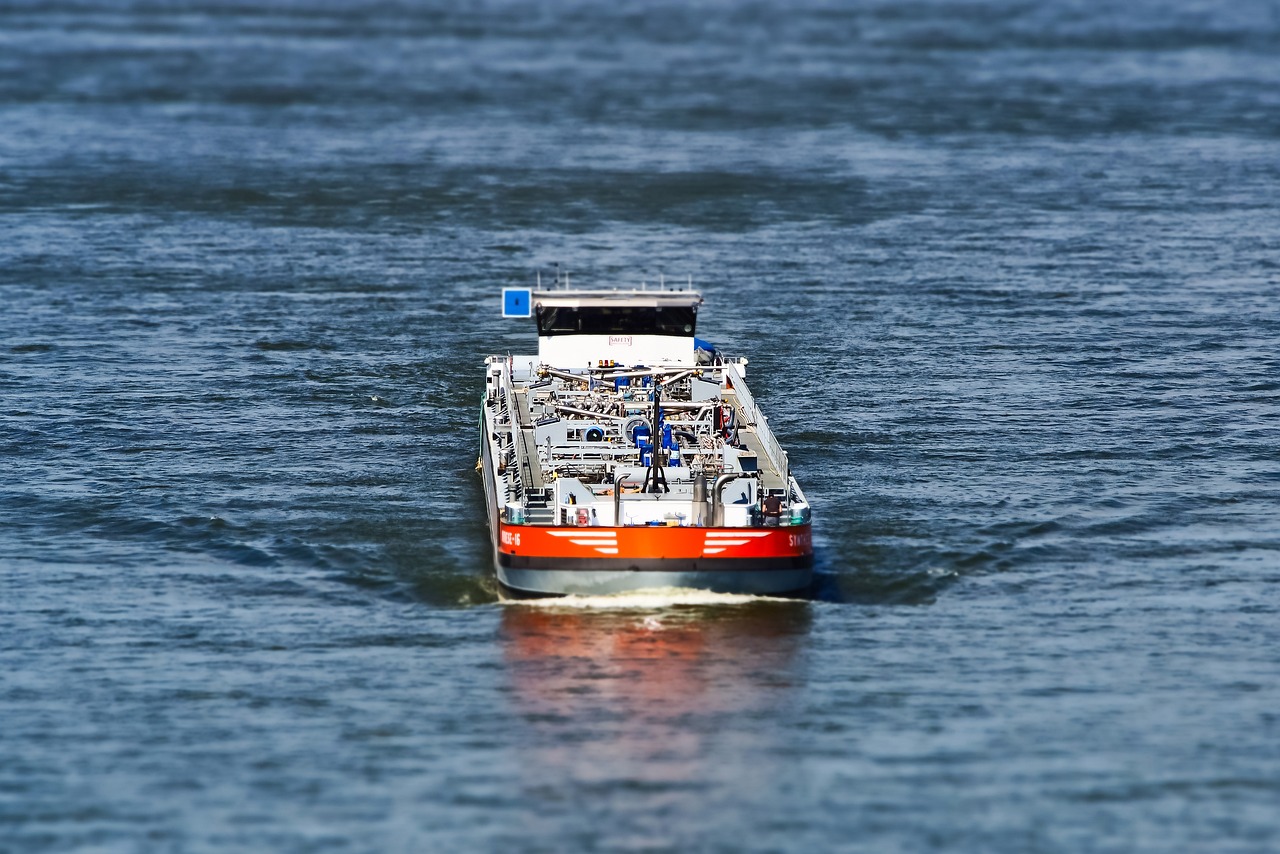
By exploring a collaborative approach of so-called ‘freight flow coalitions’, InnoWaTr aims to shift freight to waterways, consolidate shipments and minimize truck traffic.
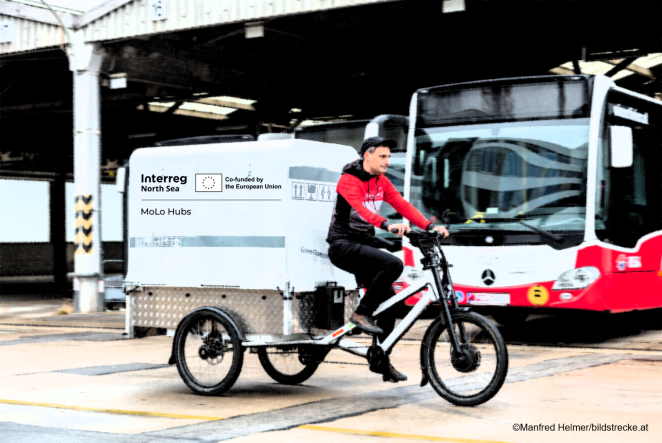
By implementing new logistics service offers at urban mobility hubs, MoLo Hubs aims to reduce urban traffic and increase the attractiveness of mobility hubs in the North Sea Region.
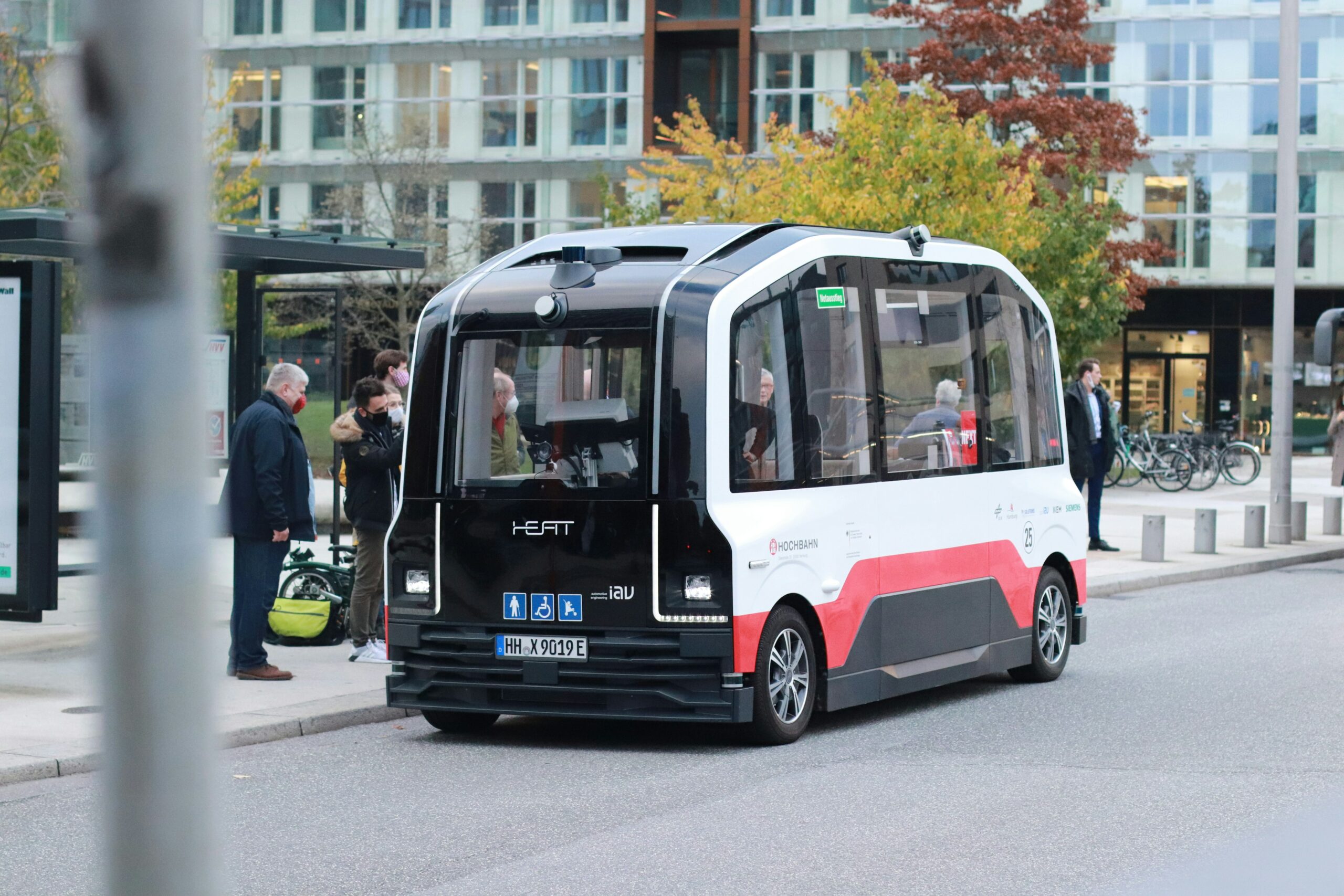
By aiding European cities to implement transport innovations, MOVE21 aims to transform cities and their surroundings into smart zero emission nodes for mobility and logistics.
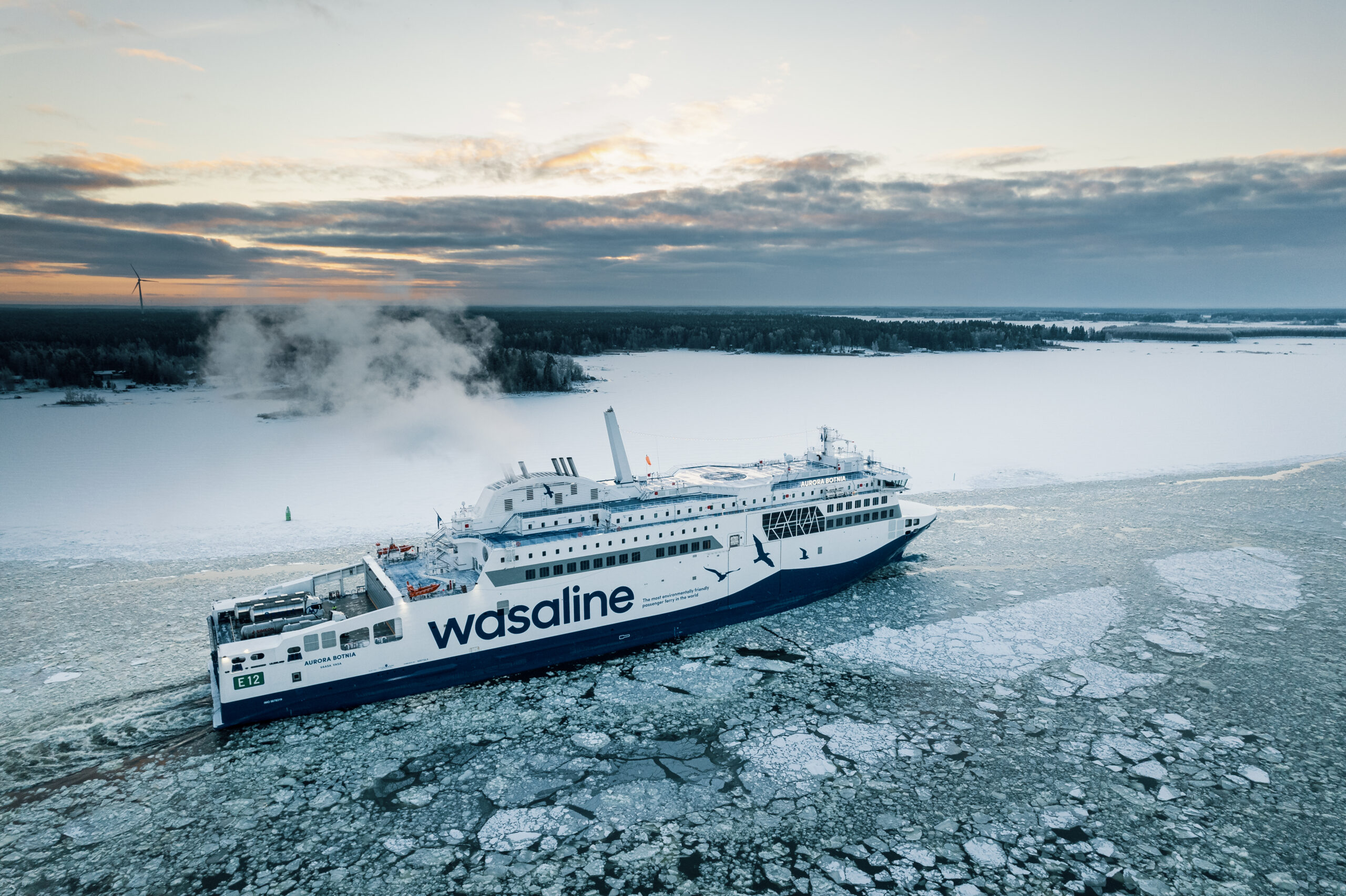
By creating a platform for continuous cooperation and development of cross-border transport chains and accessibility, New North strengthens cross-border cooperation.
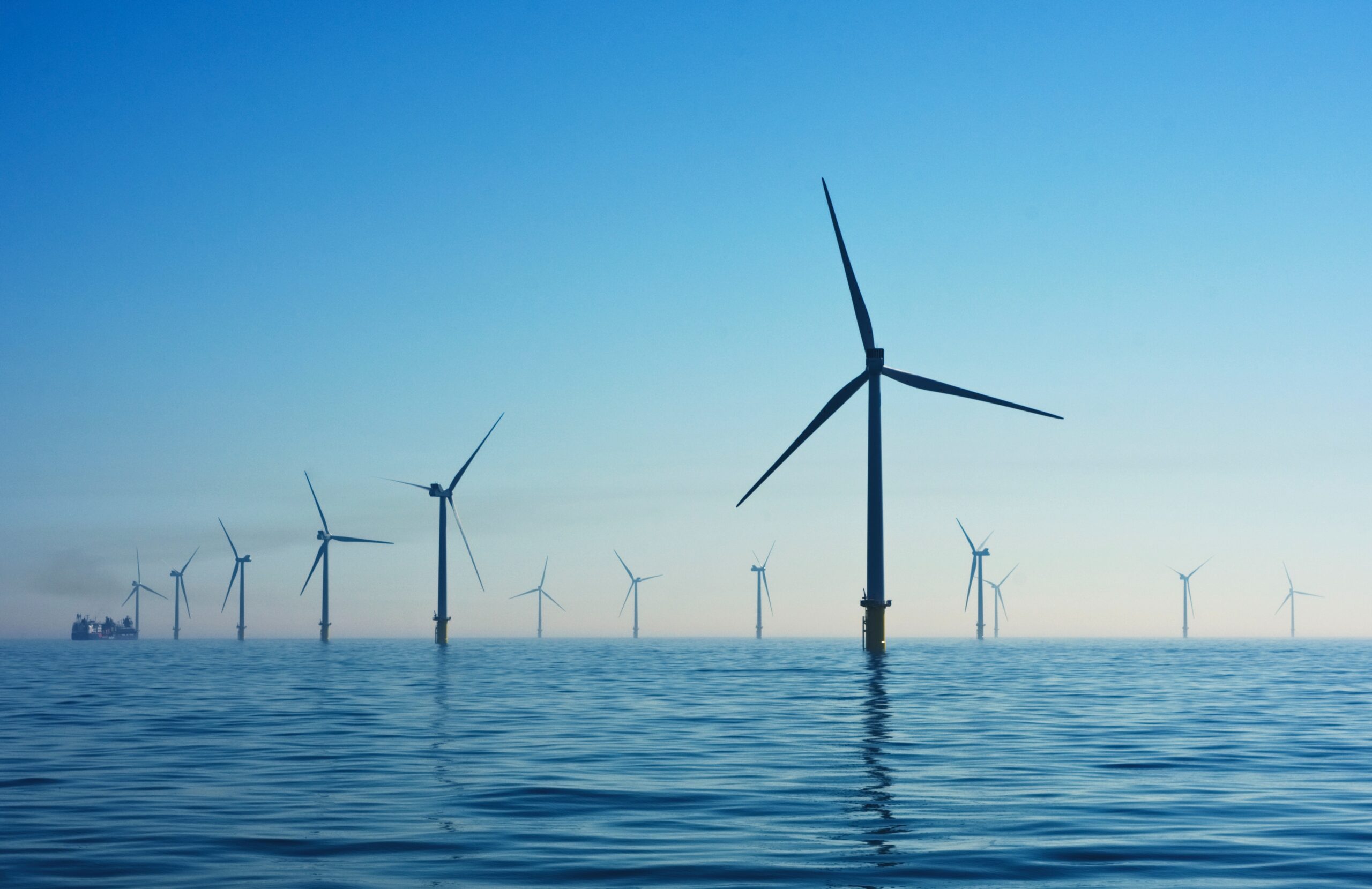
By focusing on renewable energy from a port authority perspective in the North Sea region, REDII aims to levarage resources, storage, and consumption of cleaner energy and fuels.

By researching the requirements for supplying logistics fleets with sufficient power and energy as well as new digital solutions, the project aims to promote energy efficiency and the green transition in the North Sea region.
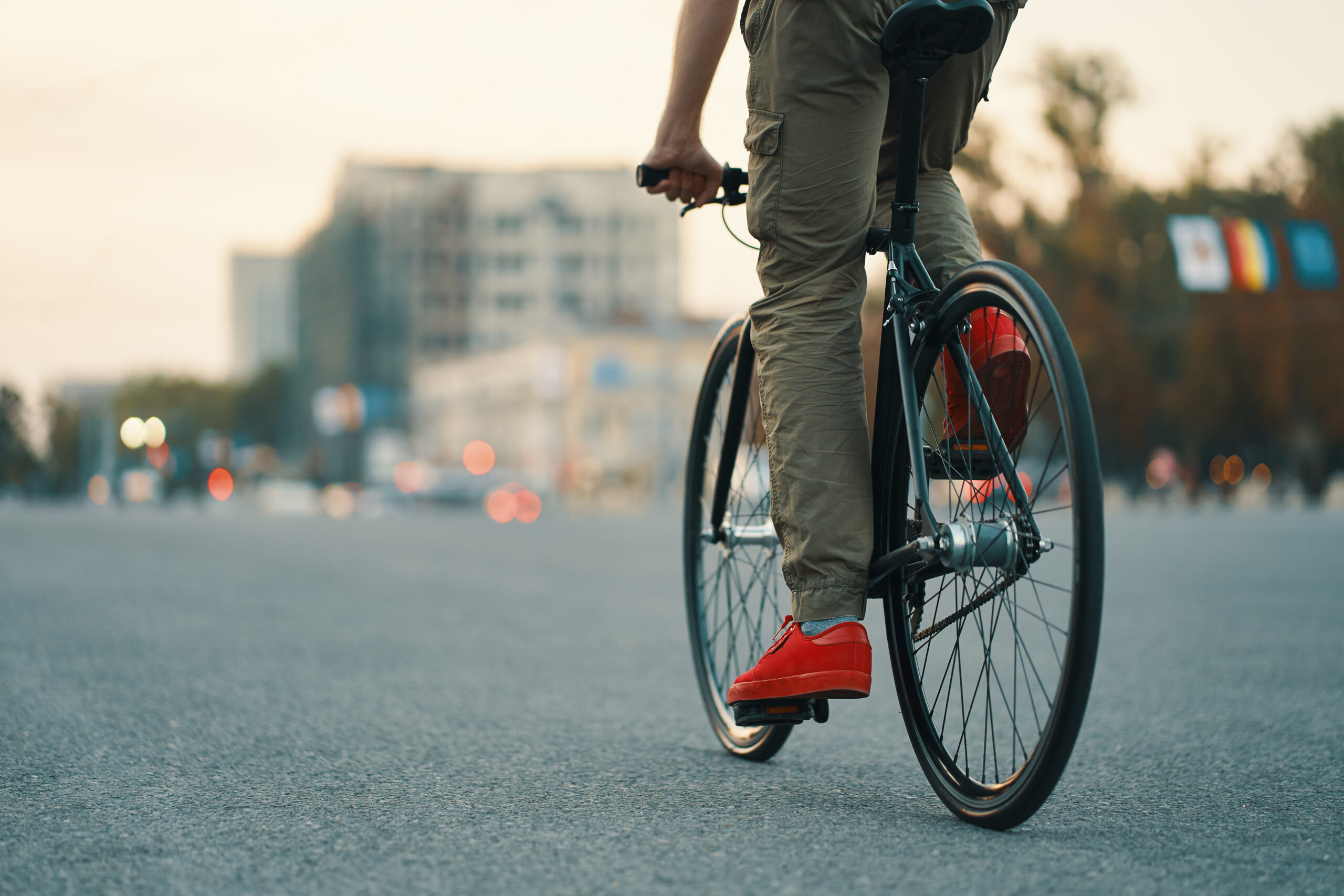
By helping smaller municipalities to implement SUMPs, the project encourages a shift towards active mobility and healthier lifestyle whilst reducing traffic emissions.
